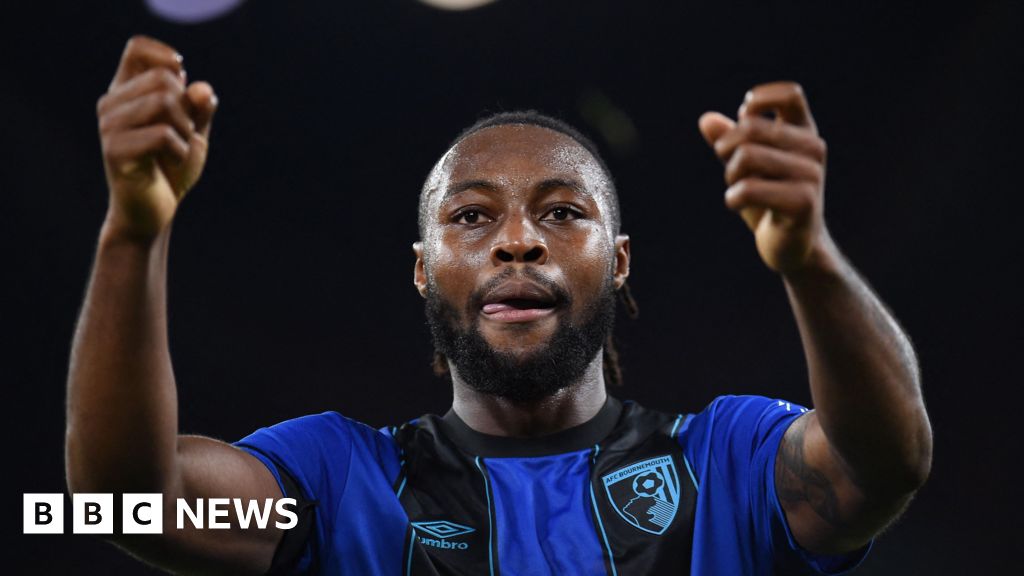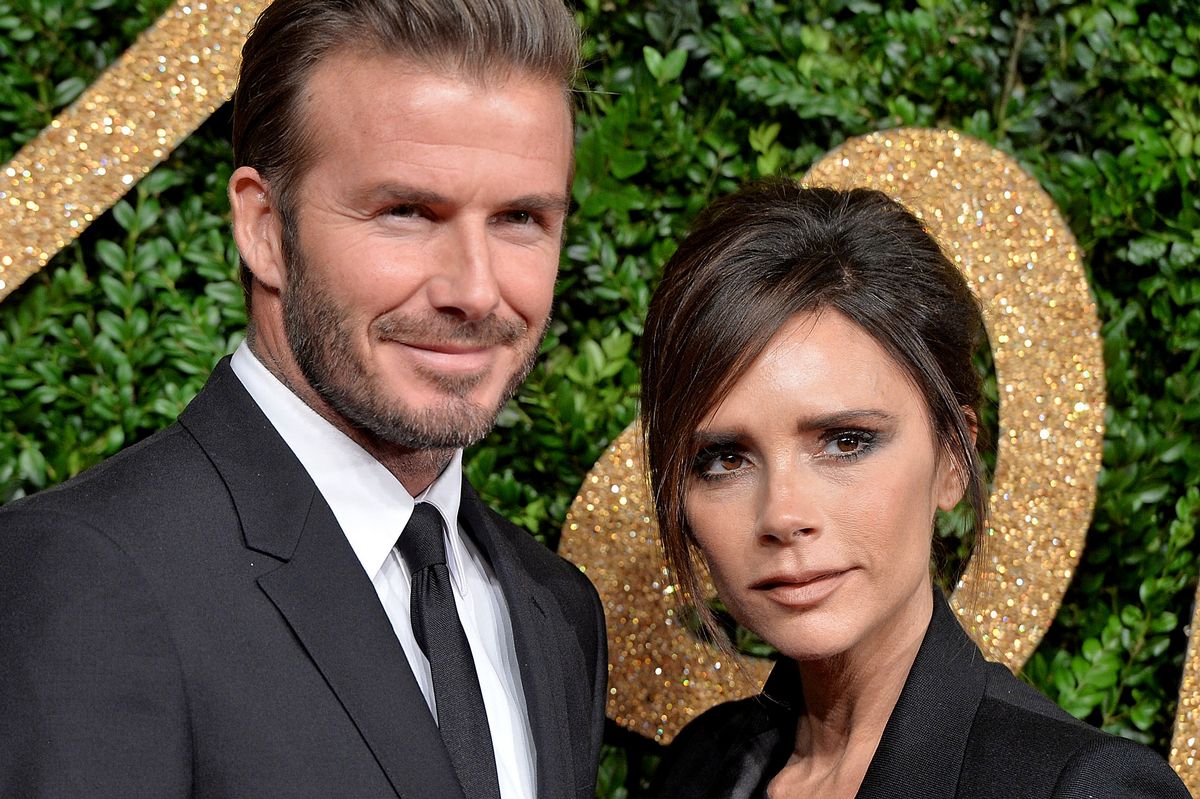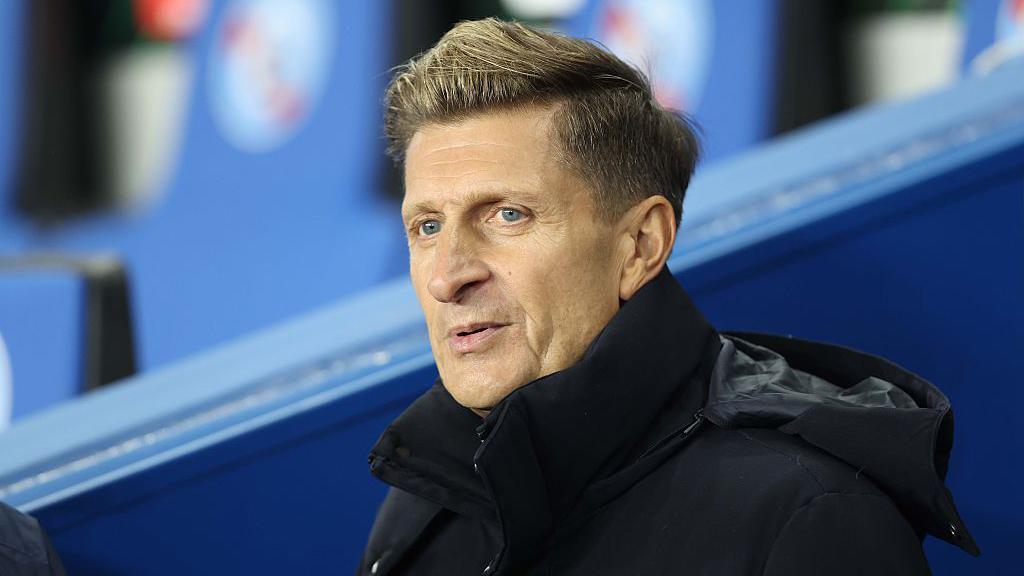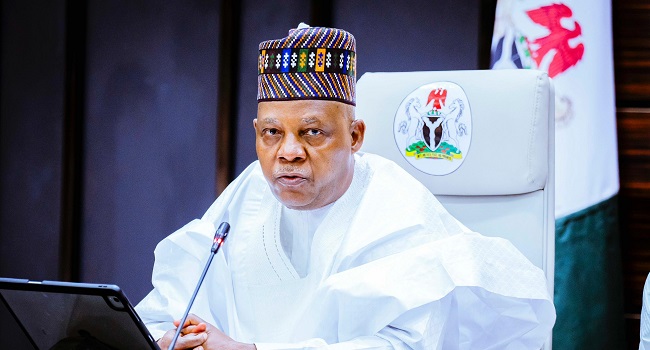Vice President Kashim Shettima has said that President Bola Tinubu remains steadfast in tackling security challenges in the country and is acting decisively to address the concerns.
He stated this when he received in his office at the State House Abuja the faculty and participants of the Executive Intelligence Management Course 18 of the National Institute for Security Studies (NISS).
Led by the NISS Commandant, Joseph Odama, representatives of the 78 participants were at the Presidential Villa to present the executive brief of their end-of-course report to the Vice President who received the report on behalf of President Bola Tinubu.
Addressing the delegation, Shettima assured that the Tinubu administration is determined to support the security establishment in Nigeria and beyond to discharge their responsibilities to the nation.
READ ALSO: Nigeria Remains Committed To Regional Stability, Peace – Shettima
He said he was impressed with the composition of the EIMC 18, noting that the security of Africa is a collective responsibility of all stakeholders given the peculiarity of the situation.
“President Tinubu is working round the clock to address concerns in the security sector. It is absolutely essential that we fuse as one to address these issues, and all hands must be on deck to salvage the situation,” he said.
The Commandant of the NISS, Joseph Odama, told the Vice President that the 18th edition of the flagship programme, EMIC 18 commenced on February 19, 2025, pointing out that it had “been a ten-month journey of intense intellectual discovery, strategic broadening and unparalleled professional fellowship.”
Noting that this year’s team was composed of 78 distinguished participants of the rank of Deputy Directors and above, Odama said they “were meticulously drawn from the military, para-military, law enforcement agencies and strategic ministries, departments and agencies of both federal and state governments.
“In significant testament to our pan-African mandate, we were privileged to host five African countries, which had earlier been mentioned. With the graduation of the AIMC 18, the institute has proudly graduated 1,130 strategic leaders.
“These are men and women who have been rigorously equipped to think critically and act decisively, as well as proffer innovative solutions to the most complex security and developmental challenges facing our nation and the continent at large.”
The Commandant expressed the institute’s deepest appreciation to President Tinubu and the Vice President for their visionary and pragmatic leadership, saying the Renewed Hope Agenda under the President’s stewardship was already manifesting in tangible progress across the nation.
The highpoint of the occasion was the presentation of the report titled, “Non-state Actors in Security Management in Africa: Issues, Challenges and Prospects for Peace and Development” by representatives of the EIMC 18 participants.













